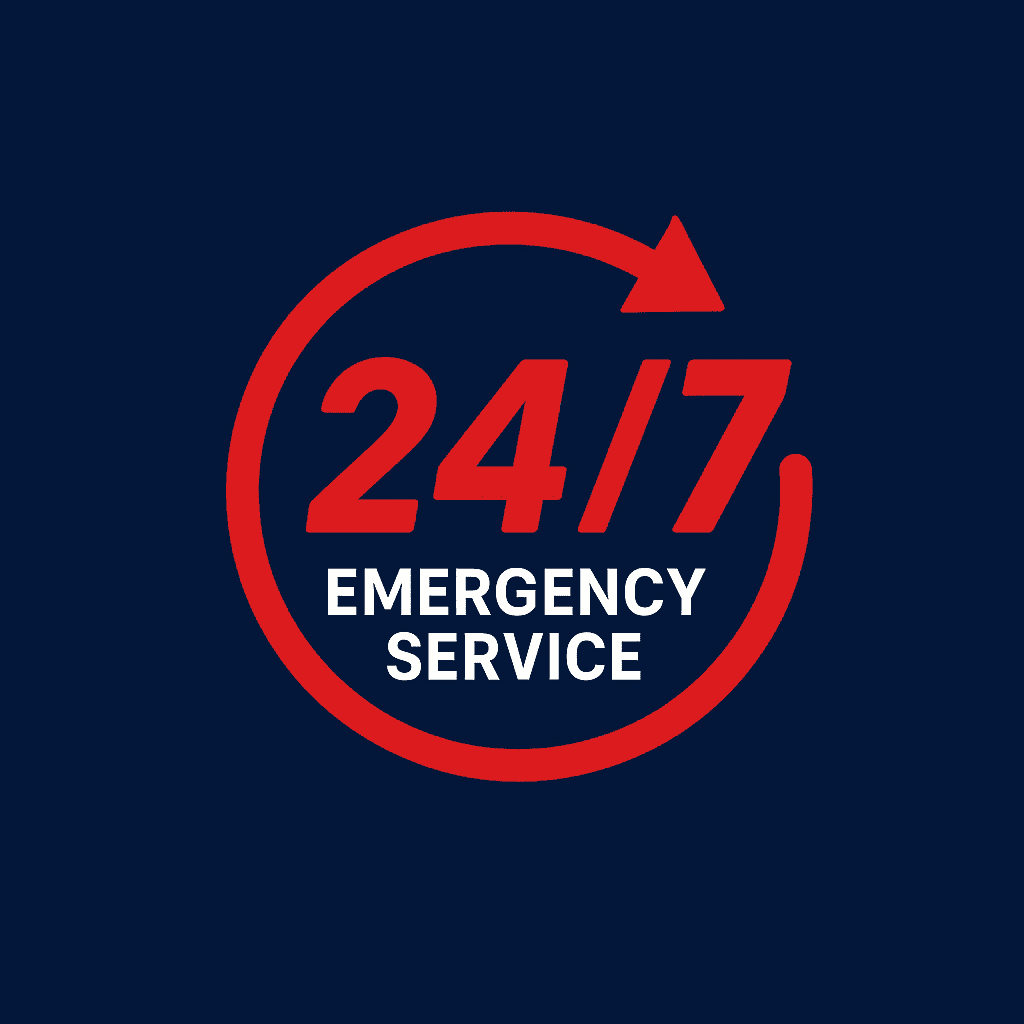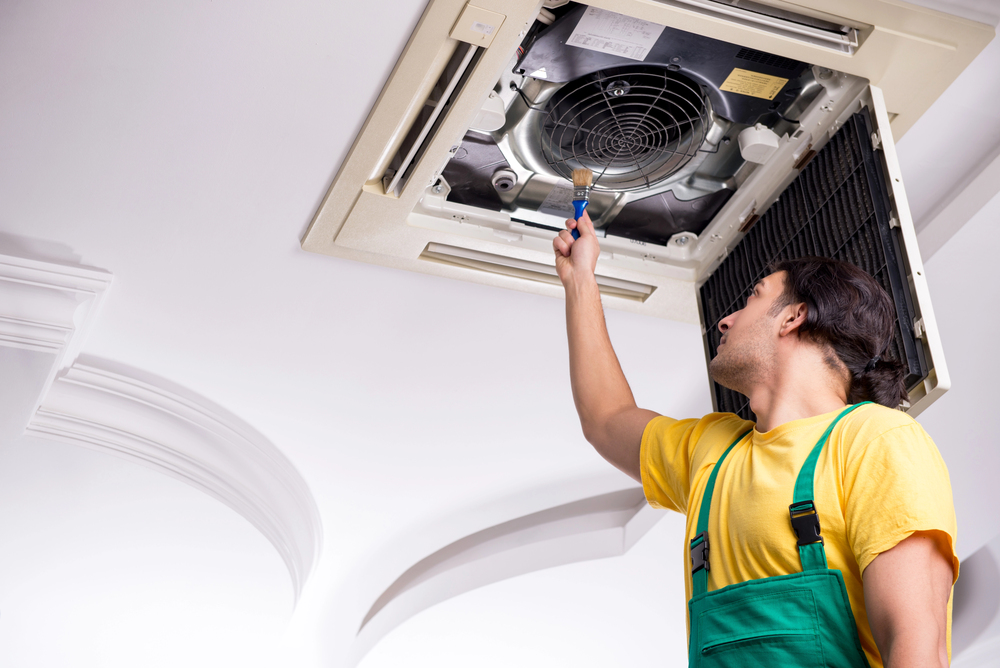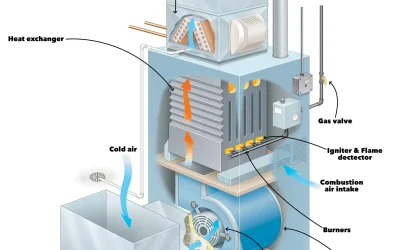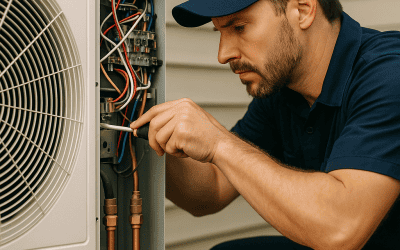HVAC Tune-Ups in Sedalia, MO: Why Regular Maintenance Saves You Money
Just because your heating or cooling system turns on does not mean it is operating efficiently. Many homeowners in Sedalia, MO assume their HVAC system is working fine until energy bills rise or the system suddenly breaks down. Skipping regular HVAC tune-ups is one of the most common reasons for unexpected repairs, uneven comfort, and shortened equipment lifespan. Routine HVAC maintenance is one of the most cost-effective ways to protect your system and avoid expensive problems, especially when working with a trusted local company like Nexus Mechanical.
An HVAC tune-up is a preventative maintenance service designed to inspect, clean, test, and adjust the critical components of your heating and cooling system. Unlike a repair that addresses a failure after it happens, a tune-up focuses on preventing breakdowns, improving efficiency, and ensuring safe operation. Professional HVAC tune-ups in Sedalia, MO are commonly performed on systems such as gas furnaces, heat pumps, central air conditioners, and ductless mini-split systems, each requiring specific inspection and performance checks.
During a professional HVAC tune-up, a technician performs a thorough system inspection rather than a quick visual check. Electrical connections and controls are inspected, safety switches are tested, system operation is verified, and accessible coils and burners are cleaned. Airflow and overall system performance are evaluated, motors and moving components are inspected, and thermostat operation is confirmed. This type of detailed service is a core part of our ongoing HVAC maintenance services and helps identify worn or failing components before they cause costly system failures.
One of the biggest benefits of regular HVAC tune-ups is lower energy bills. A clean and properly adjusted system does not have to work as hard to heat or cool your home, which reduces energy consumption and monthly utility costs. This is especially important for high-efficiency systems like modern heat pump installations that rely on proper airflow and refrigerant performance to operate efficiently. Regular tune-ups also reduce wear on major components, helping delay the need for a full system replacement.
Routine HVAC maintenance also improves overall comfort. Proper airflow and balanced operation help maintain consistent temperatures throughout your home, reducing hot and cold spots. Homeowners relying on furnaces during Missouri winters benefit from annual heating system maintenance that ensures reliable operation when temperatures drop. For cooling systems, tune-ups help prevent mid-summer breakdowns and support steady performance during peak heat.
For homes in Sedalia and throughout Missouri, HVAC systems should be serviced at least once per year, with twice-yearly maintenance being ideal. A spring air conditioning tune-up prepares your system for summer demand, while a fall heating tune-up ensures your furnace or heat pump is ready for winter. Scheduling seasonal service through a dependable local HVAC company in Sedalia, MO helps reduce emergency repair calls and unexpected downtime.
There are several warning signs that indicate your HVAC system may be overdue for a tune-up. Rising energy bills, weak airflow, uneven heating or cooling, unusual noises or odors, frequent cycling, or a system that has not been serviced in over a year all suggest declining efficiency. If these issues are ignored, they can eventually lead to the need for urgent HVAC repair services at the worst possible time.
Homeowners choose Nexus Mechanical for HVAC tune-ups in Sedalia, MO because of our focus on precision, honesty, and long-term system performance. Our technicians follow a checklist-driven maintenance process and provide clear recommendations without unnecessary upselling. Whether you have a traditional furnace, a high-efficiency heat pump, or a ductless system, regular tune-ups help protect your investment and keep your home comfortable year-round.
Scheduling HVAC tune-ups before problems arise helps keep your home efficient, reliable, and safe. Preventative maintenance saves money, reduces stress, and ensures dependable heating and cooling when you need it most. If you are ready to improve system performance and avoid costly breakdowns, schedule your HVAC tune-up with Nexus Mechanical in Sedalia, MO and keep your system running at its best through every season.





